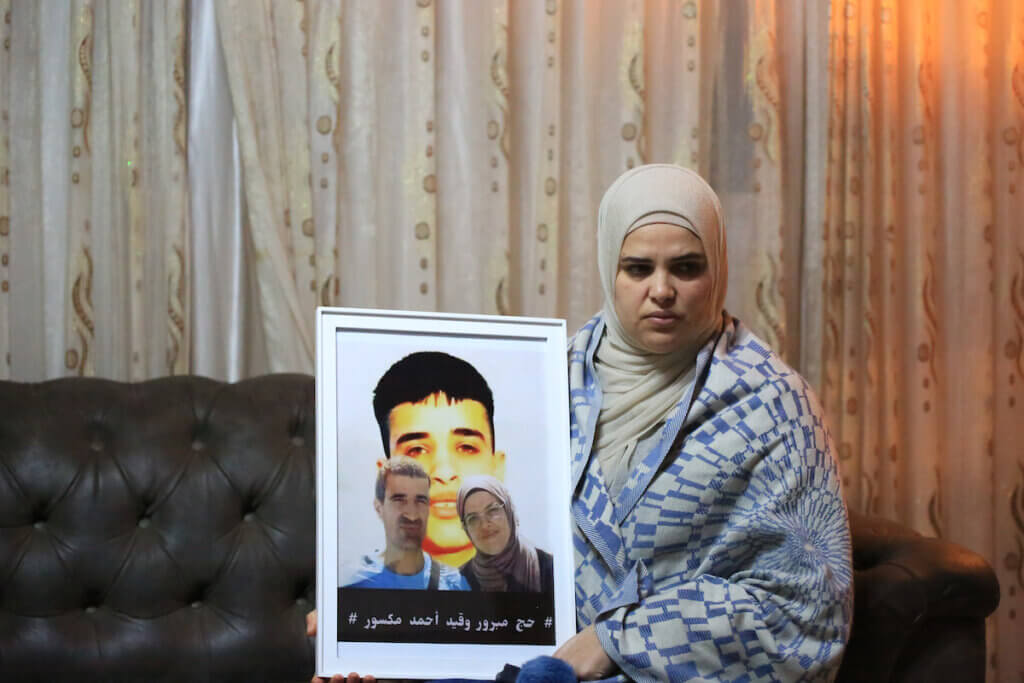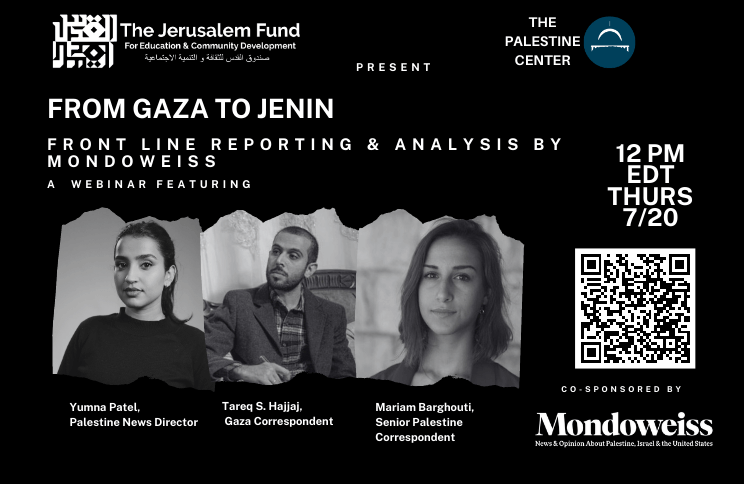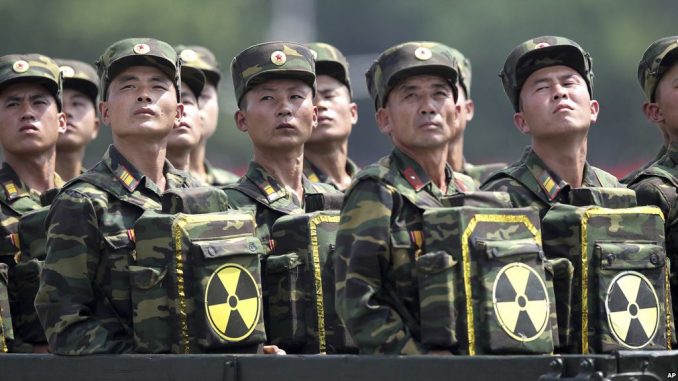In the history of resistance movements, one individual often stands out as emblematic of the injustice endured by an entire people through exposing many levels of oppressive violence. Such is the story of Ahmad Manasra, now 21 years old and suffering from severe mental illness. He has languished in the Israeli prison system since his arrest at the age of 13 — despite a global campaign demanding his release. Currently, Ahmad’s situation has become even more desperate. We have previously written about him here and here.
Now, a year later, not only do we see the further deterioration of Ahmad’s psychological state, the continuing refusal of the Israeli courts to respond to early release appeals from Ahmad’s legal team, and the mounting distress and violent victimization of his family — but we are also witnessing the intensification of an extremist political agenda driving these illegal and inhumane practices.
Ahmad, who is not due for release until 2024, has not been seen by a medical or mental health professional outside the prison service for the past three months. He has been moved during this period to Ramleh prison, where he continues to be held in solitary confinement. His legal team, his family, and outside medical professionals have been informed by the prison authorities that Ahmad refuses to see anyone. We can thus only speculate about the current state of a youth who has, for the past three years, been judged to be at serious risk of suicide and self-harm. All interventions by humanitarian organizations such as Physicians for Human Rights, Doctors without Borders, and the Red Cross have been refused by the Israeli authorities.
Additionally, because Ahmad allegedly refuses to attend court proceedings, hearings have been continually postponed. He has been continuously held in solitary confinement since November 2021, a period of twenty months. This constitutes torture under international law. Yet, as mental health professionals and researchers, we unequivocally confirm that solitary confinement causes profound and enduring psychological damage. We note that “the use of solitary confinement in young people at a critical phase of neurological, physiological, and social development, has a serious risk of long-term developmental impairment and psychological harm. The practice is known to be associated with an increased risk of suicide and self-harm, and there is evidence that it creates problems with reintegration, [hence] failing to tackle the root causes of disruptive or violent behavior.” While these are the well-evidenced effects of isolation, the only response from the prison authorities to Ahmad’s symptoms of extreme distress is to use them as a rationale for imposing more of the same illegal treatment. In doing so, they condemn him to a slow death.

Recently, Ahmad’s family, too, has been targeted for persecution. There have been two raids on their home, the most recent at 5:00 in the morning while his father was attending the mosque and his mother and siblings were sleeping.
The family’s eldest daughter described the latest terrifying experience:
“There were a lot…a lot, [of soldiers], some are outside, some in the house … maybe seven in the house. I left my mom’s room; I came to my room and wore my jacket; they took my phone from my hands, so I won’t call or take photos. I wanted to leave outside. I was afraid, but they refused to allow me to leave. So. I sat by my 13-year-old brother I sat sticking to him…fearing they would arrest him.”
She described protecting her younger siblings by telling them to stay in their beds and cover themselves, alarmed that the soldiers would shoot her brothers if they betrayed the slightest movement. Her mother was so distressed that she was unable to stand. On this and previous invasions of the family home, the soldiers caused pervasive damage, stole jewelry, and appropriated money and other possessions, including the father’s car. The loss of the car has the consequence that the younger children in the home cannot attend school. The soldiers also urinated in bureau drawers.
The toll these sadistic actions take is psychological, social, and economic. The children fear closing their eyes lest they be startled by sudden home incursion and fear opening them to protect themselves from the very sight of invading soldiers. The parents are unable to protect their son in prison and cannot protect the other children living outside a literal prison. The mother struggles with severe paralyzing anxiety. Ahmad’s siblings’ schooling—and thus their future—is undermined, and family finances are devastated by punitive fines imposed and obstruction to their means of livelihood. The Manasra family has had its bank account frozen, leading to dire consequences for the father’s retail business.
The violation of Ahmad Manasa and his family is replicated daily in Palestine by the Israeli state, orchestrating chronic danger in the home and in the streets, and instilling trauma into successive generations of children. Violent night-time home incursions, home demolitions, checkpoints, surveillance, an insidious system of forced collaboration, and economic devastation, as well as sadistic details such as the use of children’s bedrooms as sniper nests are all deliberate acts to reduce the families of Palestine to subjugation through state terror. The consequences of the resulting fear and despair can lead to hopeless passivity or, perhaps, to reckless acts of heroism or martyrdom (Abdulrahim and Yazbek).
On Monday, July 10, 2023, UN Special Rapporteur Francesca Albanese delivered an important report to the United Nations Human Rights Commission. The report emphasizes the interconnectedness of individual and community incarceration, arguing that Palestinian life is transformed into:
“a carceral continuum, where different levels of captivity co-exist: from the micro-level of individual deprivation of liberty… through mass incarceration, to population entrapment in strictly controlled enclaves in which the occupied population is confined as a collective security threat, and any form of resistance to the occupation’s territorial expansion and dispossession is repressed….Within the fragmented occupied Palestinian territory, Israel has entrapped the Palestinians within a physical architecture that resembles a prison, but on a much larger territorial and societal scale”.
Resistance
Ahmad has long demonstrated resistance to the Israeli assault on his life and his human dignity, as does his family in myriad ways. [1]
In close collaboration with him and his family, the Palestine Global Mental Health Network and allied Networks have continued campaigning actively on his behalf. The petition demanding Ahmad’s immediate release still circulates. In addition, Network clinicians have delivered formal briefings about Ahmad to the staff of members of the United States Congress; letters have been signed by large numbers of medical doctors and academics worldwide and calls for Ahmad’s release have been issued by four UN Special Rapporteurs.
The plight of Ahmad Manasra and his family is thus emblematic of the ongoing assault on the well-being of all of Palestine and its children. A recent report from Save the Children outlines the details of this pervasive horror.
We ask for your support through signing the petition, writing to your governmental representatives, and speaking out to transform your solidarity into action.
Palestine’s children represent its future which is why they are being attacked and why it is imperative that we defend them.
This article was written with the Ireland-Palestine Mental Health Network, France-Palestine Mental Health Network, UK-Palestine Mental Health Network, and USA-Palestine Mental Health Network.
Notes
[1] Shalhoub Kevorkian 2023, Shalhoub Kevorkian and Otman, in press.
Related posts:
Views: 0
 RSS Feed
RSS Feed

















 July 14th, 2023
July 14th, 2023  Awake Goy
Awake Goy 




 Posted in
Posted in  Tags:
Tags: 
















